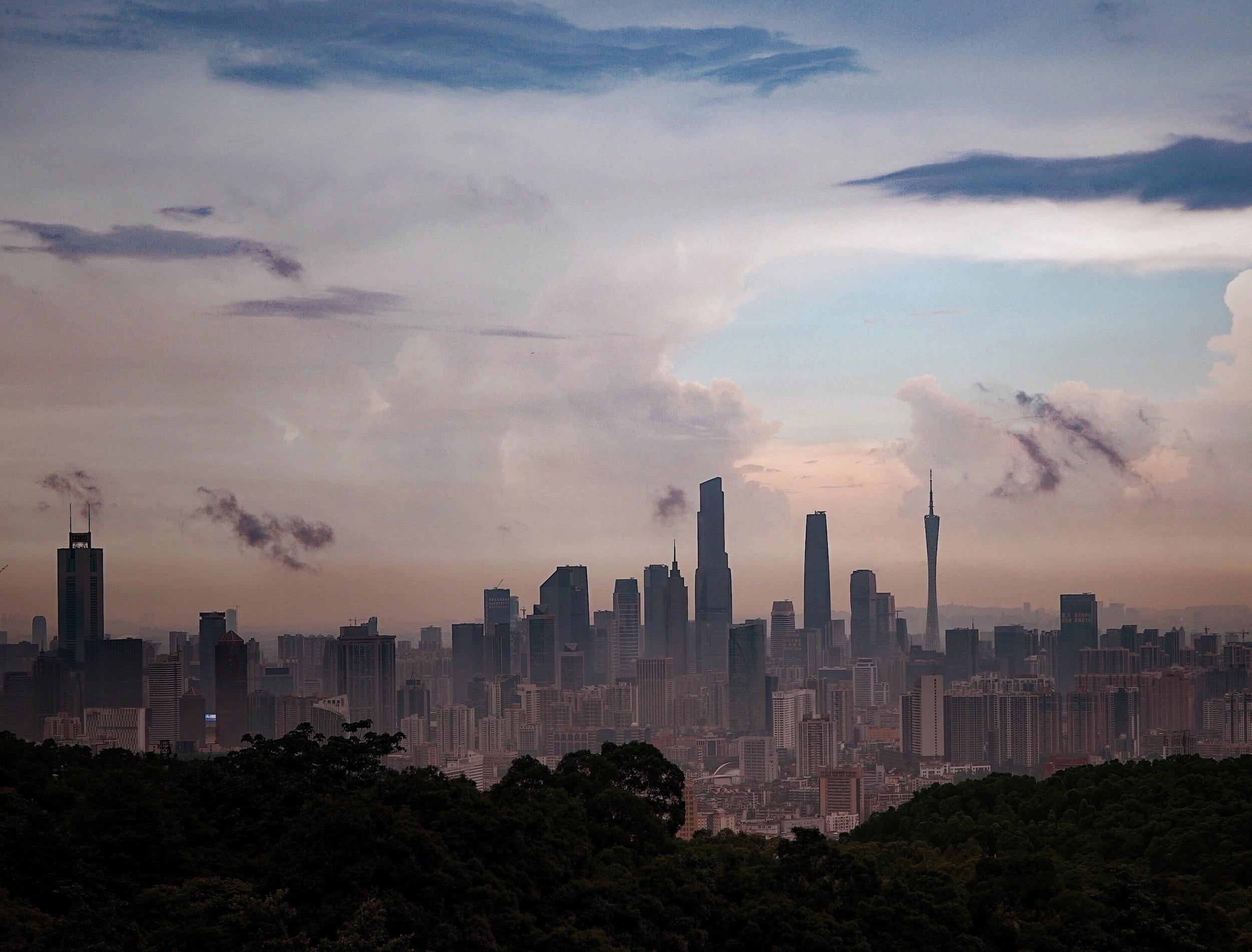Chinese hotels ordered to reject guests from Muslim countries
Police order hotels in Guangzhou to reject guests from Afghanistan, Pakistan, Syria, Turkey, and Iraq

Your support helps us to tell the story
From reproductive rights to climate change to Big Tech, The Independent is on the ground when the story is developing. Whether it's investigating the financials of Elon Musk's pro-Trump PAC or producing our latest documentary, 'The A Word', which shines a light on the American women fighting for reproductive rights, we know how important it is to parse out the facts from the messaging.
At such a critical moment in US history, we need reporters on the ground. Your donation allows us to keep sending journalists to speak to both sides of the story.
The Independent is trusted by Americans across the entire political spectrum. And unlike many other quality news outlets, we choose not to lock Americans out of our reporting and analysis with paywalls. We believe quality journalism should be available to everyone, paid for by those who can afford it.
Your support makes all the difference.Police in China have reportedly ordered hotels to reject guests from five Muslim majority countries.
Budget hotels in the southern city of Guangzhou said they had received notices from police beginning in March, ordering them to turn away guests from Pakistan, Syria, Iraq, Turkey, and Afghanistan.
China’s foreign ministry said it had never heard of the policy, but several hotel workers have corroborated reports of a ban.
A hotel worker told the South China Morning Post that local police had told staff they must turn away guests from the five countries until September 10, but had not explained why.
“I'm not clear of the reason. We just can't take them,” a worker in another hotel told Reuters.
The ban has not been extended to upmarket hotels, or to budget hotels that belong to international or domestic chains. Three hotels identified by Reuters were all independent and charged around $23 a night.
The rule coincided with a development forum held in Guangzhou on 25 and 26 August, and will extend until after the G20 summit set to take place in Hangzhou, 620 miles away from Guangzhou, on 4 and 5 September.
Despite the large distance between the two cities, Chinese media speculated the rule was a security measure related to the summit, which will be attended by high profile world leaders including US President Barack Obama.
According to Chinese media, officials are extremely concerned about terrorism during the event, and may fear an attack by Islamic extremists.
Hangzhou itself has stringent security measures in place, with strict controls on traffic reportedly causing traffic jams and checks on post delaying residents' deliveries. The city is essentially being shut down for the week of the summit, with all businesses closed and local people given time off work and encouraged to leave the city temporarily.
In addition to the Chinese authorities viewing Guangzhou as an access point for Hangzhou, some delegates are expected to visit Guangzhou itself before or after the summit as the coastal city is an important industrial hub, with a sizeable foreign population.
However foreign ministry spokesman Lu Kang said he was not aware that restrictions had been placed on who could stay in hotels in Guangzhou.
“I've never heard that there is this policy being followed in China,” Lu told a daily news briefing.
“Moreover, as far as China is concerned, our policy in principle is that we encourage people from China and other countries to have friendly exchanges and are willing to provide various convenient policies in this regard.”
Subscribe to Independent Premium to bookmark this article
Want to bookmark your favourite articles and stories to read or reference later? Start your Independent Premium subscription today.
Join our commenting forum
Join thought-provoking conversations, follow other Independent readers and see their replies
Comments